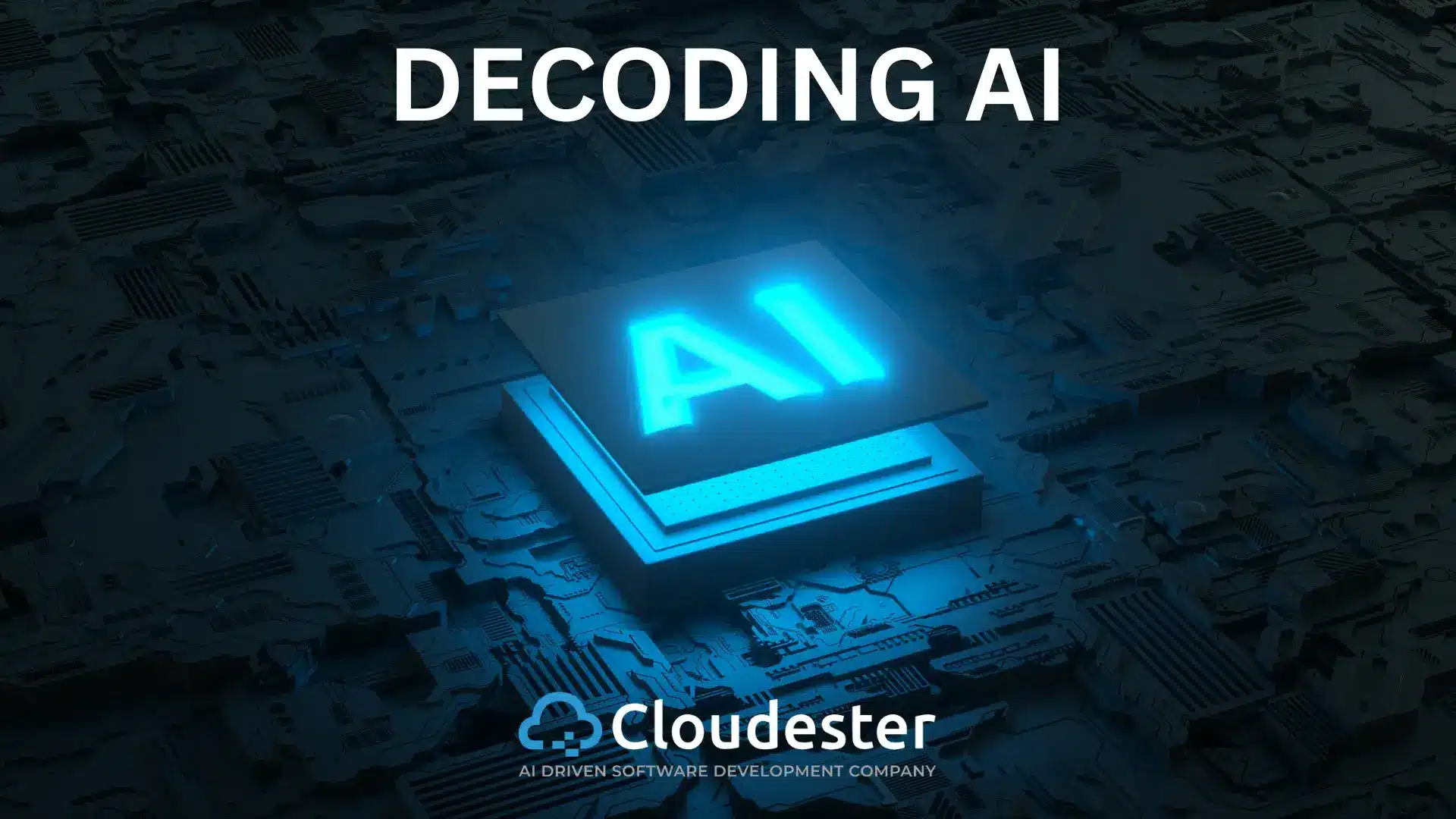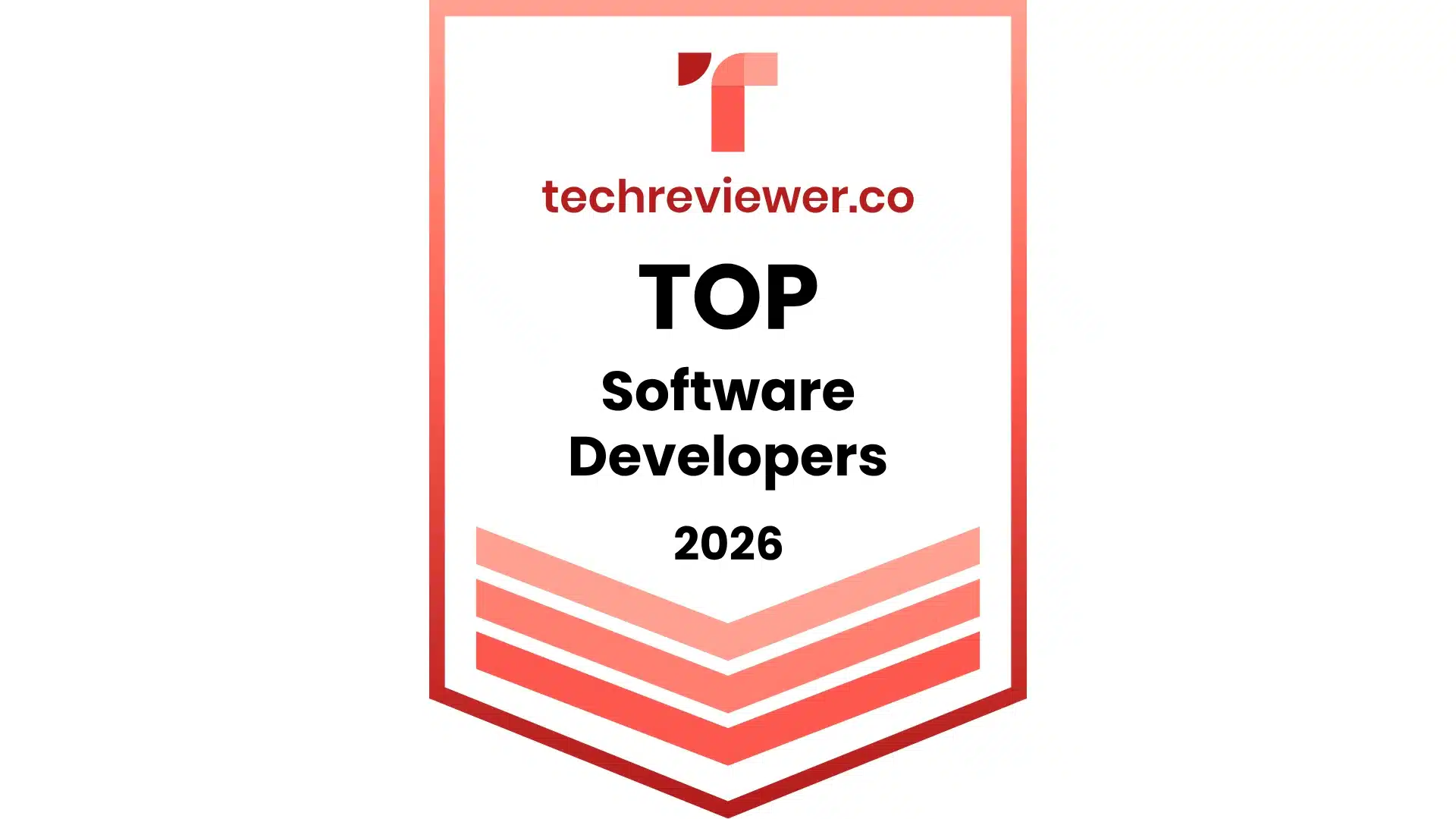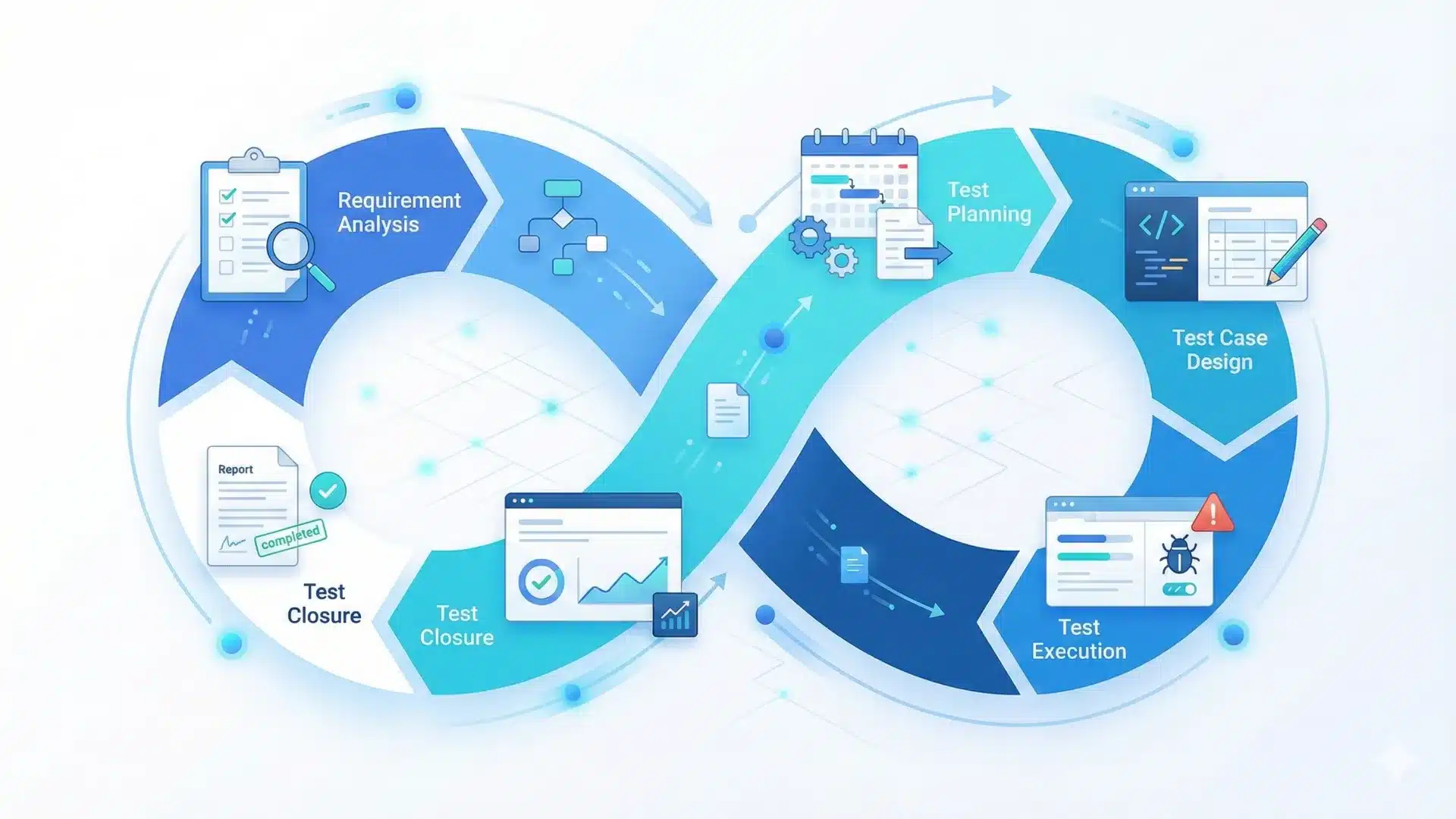Decoding AI: Essential Terms Every Business Leader Should Know

Image Credit: Envato
Artificial intelligence (AI) is no longer a futuristic concept. Decoding AI is crucial for businesses aiming to stay ahead in an increasingly automated world. Artificial intelligence is actively transforming industries by improving efficiency, automating processes, and enabling smarter decision-making. Companies that leverage AI gain a competitive advantage by optimizing workflows, reducing costs, and enhancing user experiences.
However, understanding AI and its core concepts is essential before integrating it into business operations. This blog breaks down fundamental AI terms that every business leader should know to make informed decisions in an AI-driven landscape.
Understanding AI and Its Business Impact
AI refers to the ability of machines to mimic human intelligence and perform complex tasks like analyzing data, recognizing patterns, and making real-time decisions. Decoding AI helps businesses understand how these technologies drive innovation and efficiency. Companies across industries i.e. from healthcare and finance to retail and logistics are adopting AI to enhance productivity, streamline operations, and unlock new growth opportunities in an increasingly digital world.
A leading AI development company helps businesses integrate AI into their operations through intelligent solutions that automate processes and improve overall efficiency.
1. Machine Learning – The Core of AI Innovation
Machine learning (ML) is a branch of AI that enables software systems to learn from data and improve performance without explicit programming. Unlike traditional software, which follows predefined rules, ML-based systems identify patterns in historical data and use them to make predictions or decisions.
Businesses rely on ML for various applications, including:
- Customer Insights: E-commerce platforms use ML to analyze browsing behavior and recommend products that match user preferences.
- Fraud Detection: Banks and financial institutions leverage ML to detect unusual transaction patterns and prevent fraudulent activities.
- Predictive Maintenance: Manufacturing industries implement ML to anticipate equipment failures and schedule timely maintenance, reducing downtime.
A software development company specializing in AI solutions builds machine learning models tailored to different industries, ensuring that businesses maximize their operational efficiency.
2. Natural Language Processing – Enhancing Human-Machine Interaction
Natural Language Processing (NLP) enables AI to understand, interpret, and generate human language. This technology is used in chatbots, voice assistants, and automated customer service platforms to improve communication between humans and machines.
Key NLP applications include:
- Chatbots and Virtual Assistants: AI-powered chatbots provide instant customer support, reducing the need for human intervention.
- Sentiment Analysis: Businesses analyze customer feedback and social media interactions to gauge public perception of their brand.
- Document Automation: NLP streamlines document processing by automatically extracting and categorizing relevant information.
Companies integrating NLP solutions enhance customer interactions, speed up response times, and gain valuable insights from textual data.
Custom AI Software Development Solution For Enterprises
3. Computer Vision – AI’s Role in Image and Video Analysis
Computer vision is an AI technology that allows machines to analyze and interpret visual data. By processing images and videos, AI systems can recognize objects, detect anomalies, and make informed decisions based on visual input.
Industries leveraging computer vision include:
- Retail: AI-powered cameras analyze customer movements to optimize store layouts and improve shopping experiences.
- Healthcare: AI assists doctors by analyzing medical images to detect diseases like cancer at an early stage.
- Manufacturing: Automated quality control systems identify defects in products, ensuring only high-quality goods reach the market.
By integrating computer vision into business applications, organizations can enhance security, automate inspections, and extract valuable insights from visual data.
4. Generative AI – Driving Creativity and Automation
Generative AI is a groundbreaking technology that enables machines to create new content, including text, images, music, and even code. This AI-driven innovation is transforming industries by automating content creation and enhancing creative processes.
Some practical applications of generative AI include:
- Marketing and Advertising: AI-generated content assists brands in creating engaging social media posts, product descriptions, and ad copies.
- Software Development: AI-powered code generation tools help developers write and debug software more efficiently.
- Design and Art: AI generates unique visuals and designs, assisting graphic designers and content creators.
An AI development company can build generative AI tools that enhance business operations, enabling companies to streamline workflows and boost productivity.
5. AI Agents – Automating Decision-Making
AI agents are autonomous systems that perform tasks on behalf of users. These agents analyze data, make decisions, and execute actions with minimal human intervention, significantly improving efficiency and reducing manual workloads.
Common applications of AI agents include:
- Supply Chain Optimization: AI agents manage inventory, predict demand fluctuations, and optimize logistics.
- Customer Support Automation: Virtual AI agents handle customer inquiries, reducing response times and improving service quality.
- Financial Analysis: AI-driven investment advisors analyze market trends and suggest profitable investment opportunities.
A software development company focused on AI solutions can help businesses deploy AI agents that automate routine tasks, allowing employees to focus on more strategic initiatives.
6. Large Language Models – Powering Advanced AI Applications
Large Language Models (LLMs) are AI-powered systems trained on massive datasets to understand and generate human-like text. These models enable businesses to automate content creation, enhance search functionalities, and improve real-time communication.
Some key use cases of LLMs include:
- AI-Powered Chatbots: Advanced chatbots powered by LLMs provide highly accurate and contextual responses in customer support.
- Content Automation: Businesses use LLMs to generate blog posts, reports, and marketing content with minimal human intervention.
- Multilingual Translation: AI-driven language models facilitate seamless communication across different languages.
By implementing LLMs, companies can automate various processes, saving time and resources while maintaining high-quality output.
7. Responsible AI – Building Ethical and Transparent AI Systems
As AI adoption increases, ensuring that AI-driven decisions are fair, transparent, and ethical becomes a priority. Responsible AI focuses on developing AI systems that align with legal and ethical standards while minimizing bias and ensuring accountability.
Key aspects of responsible AI include:
- Bias Detection and Mitigation: AI models must be trained on diverse datasets to ensure fair outcomes.
- Data Privacy and Security: Businesses must comply with data protection regulations when handling sensitive user information.
- Explainable AI: AI systems should provide clear explanations for their decisions to build trust and transparency.
A reputable AI development company prioritizes responsible AI by implementing frameworks that ensure AI-driven solutions are ethical, unbiased, and aligned with industry regulations.
Integrating AI into Business Operations
Understanding these AI concepts is the first step toward leveraging AI for business success. Companies looking to integrate AI should partner with an experienced software development company that customizes solutions based on specific industry needs.
AI-powered software enhances operational efficiency, improves customer experiences, and drives sustainable growth. However, businesses must adopt the right AI strategy to ensure successful implementation and long-term benefits.
Final Thoughts
AI is no longer a luxury. It is a necessity for businesses striving to stay ahead in a technology-driven world. Decoding AI is essential for understanding how innovations like machine learning, computer vision, and generative AI can optimize operations and enhance decision-making. Each advancement offers new opportunities to improve efficiency, reduce costs, and gain a competitive edge in the market.
Partnering with an expert AI development company ensures that businesses can seamlessly integrate AI technologies and achieve meaningful digital transformation.
For enterprises looking to leverage AI, working with a trusted software development company is the key to unlocking AI’s full potential.









